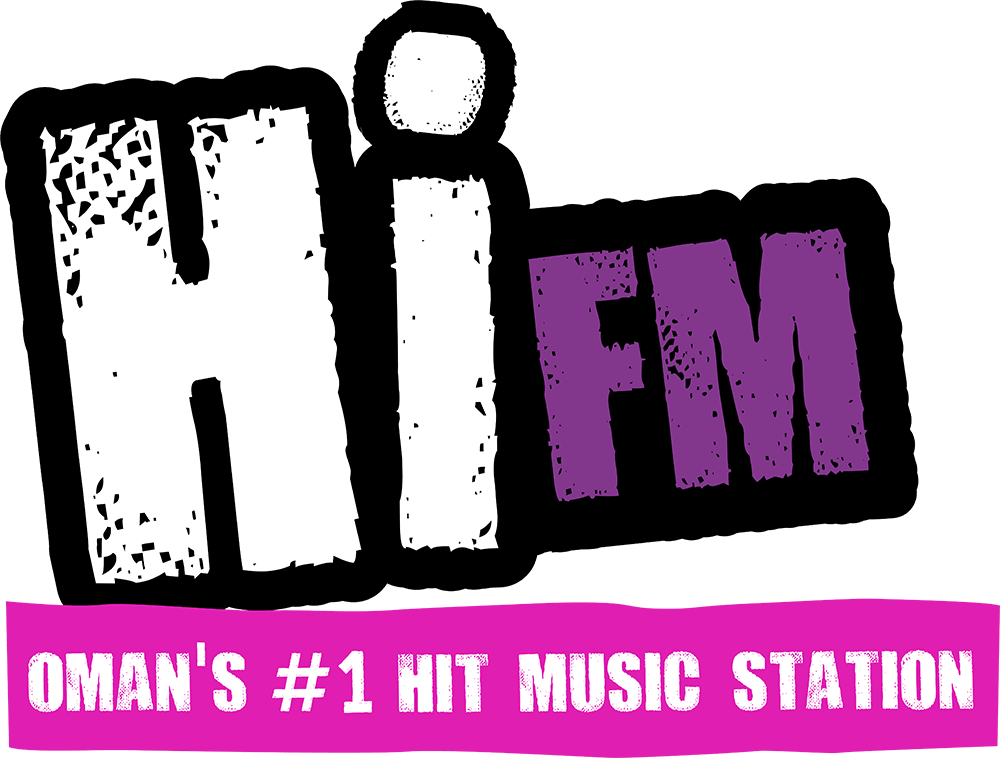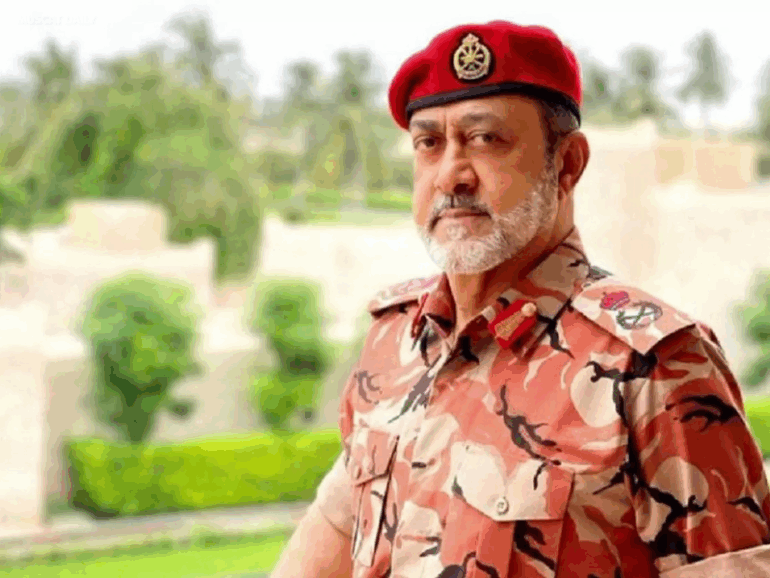
Muscat – Ministry of Social Development (MoSD) held an introductory workshop on Tuesday at the National Autism Centre in Seeb to launch the National Guide for Licensing, Classification and Quality Standards for institutions providing services to people with disabilities. The guide covers public, private and non-governmental institutions operating in the sector. The workshop was held […]
Muscat – Ministry of Social Development (MoSD) held an introductory workshop on Tuesday at the National Autism Centre in Seeb to launch the National Guide for Licensing, Classification and Quality Standards for institutions providing services to people with disabilities. The guide covers public, private and non-governmental institutions operating in the sector.
The workshop was held under the patronage of H E Suleiman bin Nasser al Hajji, Undersecretary for Financial and Administrative Affairs in the Ministry of Health. Participants were briefed on the guide’s framework and its role in regulating disability-related services in the sultanate.

A presentation outlining the guide’s contents was delivered by Dr Nadia bint Ali al Ajmi, Director of the National Autism Centre and head of the guide development project. Additional presentations covering licensing procedures were made by Mohammed Munee, and classification and quality standards by Tamer Ali and Dr Ayman Magdy.
The guide is one of the key outputs of the Disability Services and Programmes Development Lab. It acts as a practical reference for institutions and professionals, helping them align with national and international standards, improve transparency in service delivery and encourage innovation and investment in the disability sector. Officials said it is intended to support long-term efforts to promote inclusion and improve the quality of services for people with disabilities.
The workshop reviewed licensing requirements for institutions providing disability services, including private and non-profit entities, centres under development, and units run under partnership agreements. It also addressed the licensing and renewal of licenses for specialised staff working in these institutions.
Participants discussed criteria for classifying disability service institutions such as rehabilitation centres affiliated with MoSD, private schools offering services for students with disabilities and rehabilitation centres under the Ministry of Health.
The overall aim is to raise the efficiency of services in line with legal and health regulations and global best practices.
Quality standards for institutions providing rehabilitation services were also presented. The standards offer a unified mechanism for monitoring and evaluating performance and are intended to help families identify suitable centres based on service quality and individual needs.
Nadia said the guide provides clear procedures for organising and developing licensing processes for institutions offering health, therapeutic, rehabilitative or educational services. She noted that it outlines requirements for both existing and planned facilities, as well as the licensing of specialised professionals.
She added that the guide supports Oman Vision 2040 and the UN Sustainable Development Goals, and was developed in consultation with local and regional experts. People with disabilities were involved throughout the process to ensure the guide reflects their needs and priorities.


 Arab states meet in Muscat to advance Unesco file on traditional irrigation
Arab states meet in Muscat to advance Unesco file on traditional irrigation
 Garden set up in Rakhyut to revive rare Areib trees
Garden set up in Rakhyut to revive rare Areib trees
 Oman showcases cultural legacy, historical trajectory to global media
Oman showcases cultural legacy, historical trajectory to global media
 Omani doctor wins scientific research award at Riyadh
Omani doctor wins scientific research award at Riyadh
 Ibra Hospital medical team achieves vascular surgery milestone
Ibra Hospital medical team achieves vascular surgery milestone
 H M Sultan Haitham to preside over National Day military parade on Thursday
H M Sultan Haitham to preside over National Day military parade on Thursday